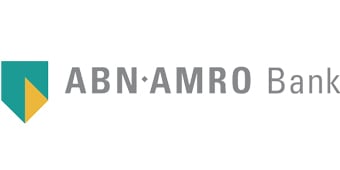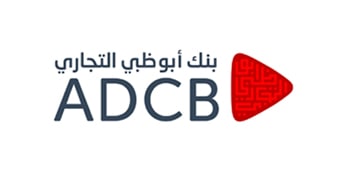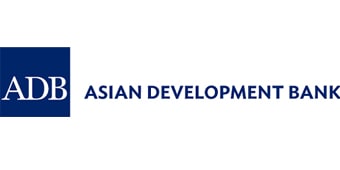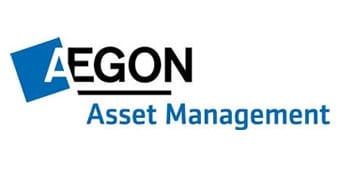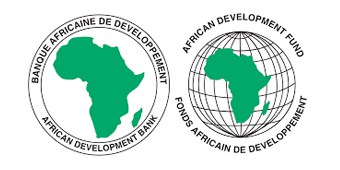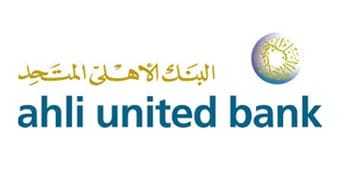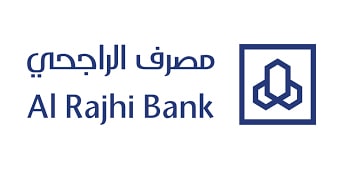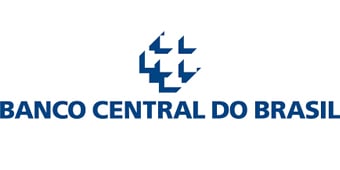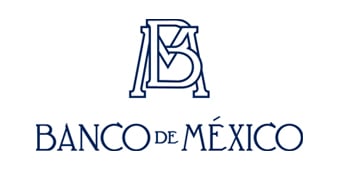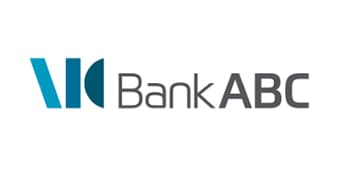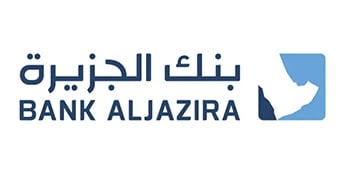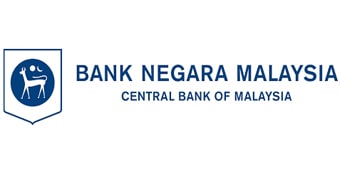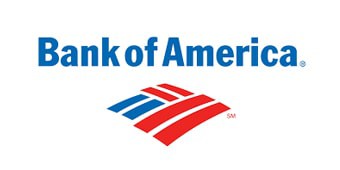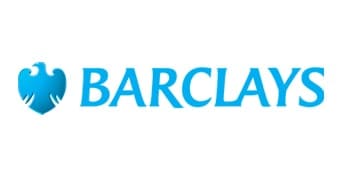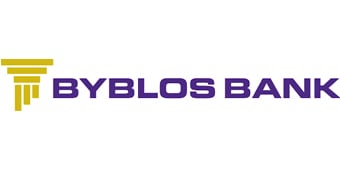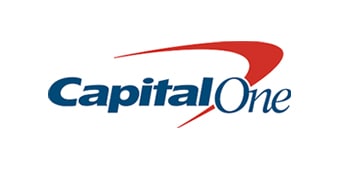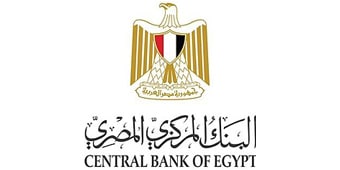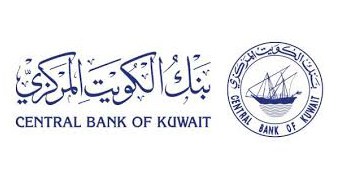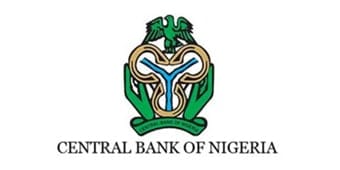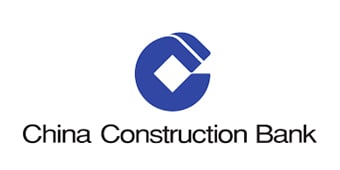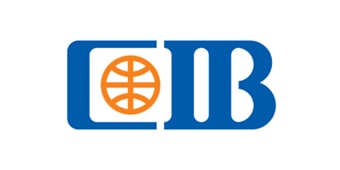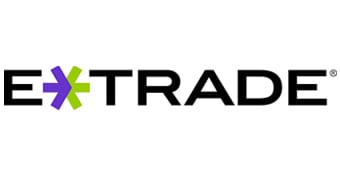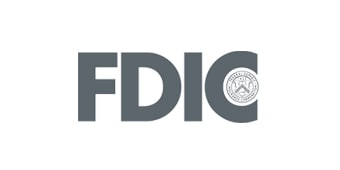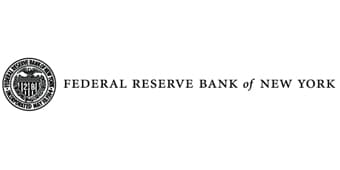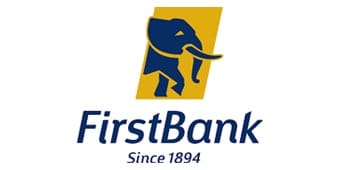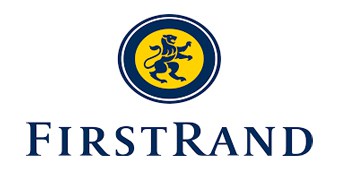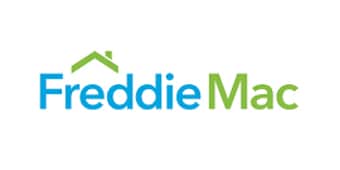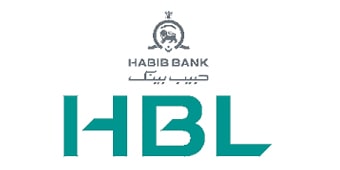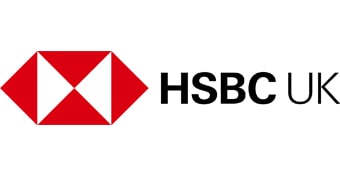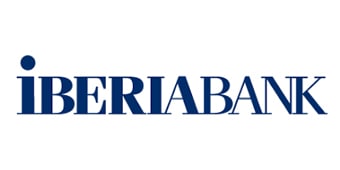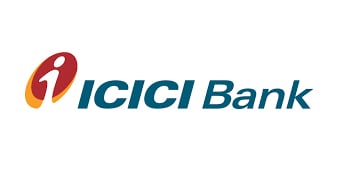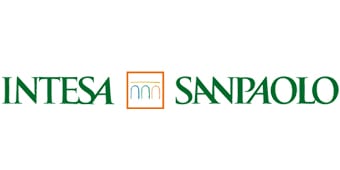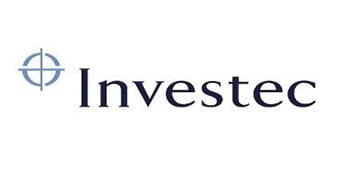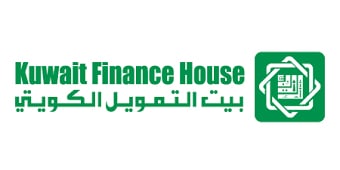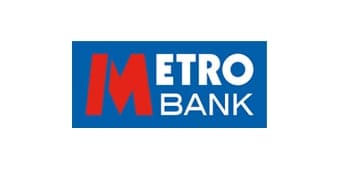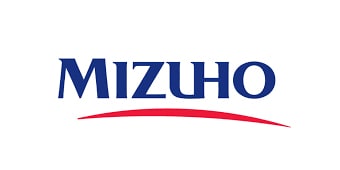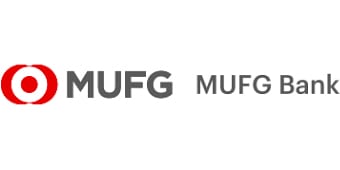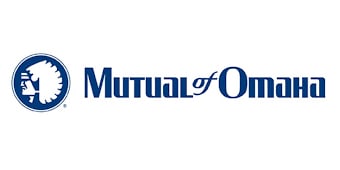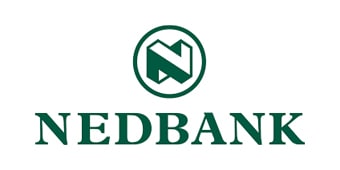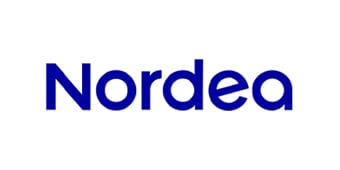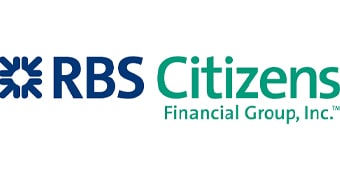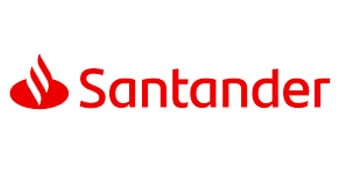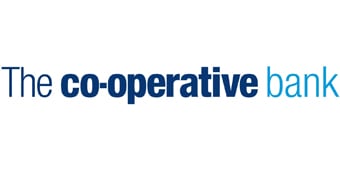
17 Mar Innovative Fund Raising
How can banks and sovereigns seek funding which avoids the constraints of traditional debt?
Risk Reward Ltd CEO Dennis Cox discusses an innovative use of NFTs, their role, structure and advantages.
The failures of Silicon Valley Bank (SVB) and Credit Suisse (CS) have both put the problems related with long dated fixed income government securities into focus. As interest rates increase these instruments collapse in value not only due to the reduction in inherent value but also due to a reduction in demand.
These two events have highlighted the risks. Of course firms could have hedged this exposure and indeed the instrument to do this have been available for many years, they could also have liquidated the longer end of their portfolios and moved to money market instruments, but this would have exacerbated the reduction in value of the longer dated instruments.
This is hard enough for a bank or a company to achieve, but what is the position of governments? As we all are well aware the level of government indebtedness is at unprecedented levels. The amount of debt servicing that needs to be conducted to support the credit rating of country has become prohibitive. For all elements of the economy there is a need to look for different and innovative ways of raising finance and one such approach is to use Non Fungible Tokens (NFTs).
What is an NFT?
NFTs are tradeable instruments based upon blockchain technology. Many people have concerns over blockchain and cryptocurrencies. However, this concern does not need to extend to NFTs as we shall see.
An NFT can be associated with any form of asset and they have been popular in enabling assets such as digital rights, images and music catalogues to be traded. They operate on the blockchain as cryptographic tokens which makes them not interchangeable in the way that an equity is not interchangeable. That is what makes them non fungible, as bonds and equities themselves are essentially not fungible.
The Role of Raising Finance
One of the issues faced is that economic growth for either companies or sovereign states will not be able to be funded efficiently through the long term debt markets for most of the current economic cycle. That needs a different solution, and the question is whether NFTs could be used to achieve this.
An NFT is a traded instrument which conveys rights to the recipient. In the markets we are considering here there is no requirement for anonymity similar to the approach adopted for equities. However, equities receive a dividend which is approved by the Board and shareholders and consequently only partially participate in the success of the firm, albeit that the share price will take success or failure into account.
The question is could an NFT be designed to meet these needs and what would be the advantage? Just as when a company issues equity it does not take on debt, likewise when issuing an NFT it will also not take on debt. This therefore affords the opportunity of taking funding off balance sheet, or completely away from the balance sheet.
Designing a Suitable NFT
The area which appears to have the highest opportunities for success would appear to be larger discrete projects. The structure of the project would need to be segregated from all other assets or liabilities of the sponsor to ensure insolvency protection, but that is relatively easy to achieve. The vehicle created, whether by a company or a sovereign, then transfers the project to the special purpose vehicle which will issue NFTs to be sold to the public to fund the project. Cash is consequently received from the holders of the NFTs which would need to be quoted to achieve marketable status. The issuance of the NFTs would need to be compliant with local or international prospectus and listing requirements where they exist.
The NFT returns received by the holders would be based upon a percentage of the return from the audited accounts of the special purpose vehicle. Indeed, some of the NFTs could even be retained by the sponsor providing them with a higher level of return.
These NFTs – to be successful – should not be anonymous with all holders recorded on the primary ledger of record, that is, held by the special purpose vehicle or its custodian. This will provide a much-needed boost to the NFT industry which has suffered through lack of quality or truly innovative product. The NFTs would be available for sale through the market itself removing the need for market makers, although any party could essentially participate accordingly.
What is the Advantage of Such a Structure?
NFTs have been seen by some commentators as a solution in need of a problem. Firms that are seeking to invest to grow their business do not want loans that need to be repaid, rather they would want capital. They also would only wish to pay a return when the project is clearly profitable. NFTs when properly designed can achieve this and provide the holders with a return based upon the success of the venture without direct concerns over funding costs. This will have the effect of enabling the development to occur without the need for on-balance sheet borrowing.
At the point that the NFTs are sold and the cash received by the sponsor there is no debt to repay, so the NFT is in the same position as equity. The investor is participating in the success of the venture and is holding an instrument which will have a future return based upon success that can be easily traded.
Indeed, there will be issues that need to be addressed relating primarily to legal and regulatory matters, but the similarity to instruments that are available renders all such matters soluble. Sovereign nations and early-stage businesses will be able to raise significant sums without having to rely on either bank debt or the long dated government securities market.
Risk Reward capital teams are actively looking at opportunities in this space including designing NFTs to deal with food security internationally. For more information please contact us in our London or Miami offices.
Dennis Cox
CEO
Risk Reward Ltd
dwc@riskrewardlimited.com




